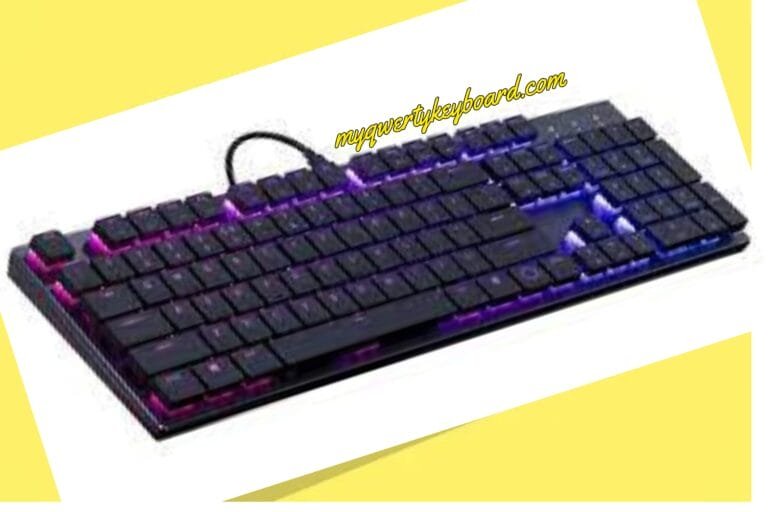Finding the Right Keyboard for Your Studies
While we’ve covered much ground on what to look for in a keyboard, we understand that the options can be overwhelming. Here are a few more detailed tips to narrow down your choices:
Consider Your Major:
Depending on your field of study, you might need a keyboard with specific features. For example, if you’re a design student, you may want a keyboard with programmable keys for your software shortcuts.
Portability:
If you’re frequently moving around campus or traveling, you might prefer a compact and lightweight keyboard. Wireless or Bluetooth keyboards could be a good option.
Noise Level:
Some people love the satisfying click of a mechanical keyboard, while others need quiet keys to avoid disturbing roommates or library neighbors. Consider the noise level that suits your environment and typing preference.
Lighting:
Backlit keyboards can be a lifesaver for late-night study sessions. Consider a keyboard with adjustable LED lighting if you often work in dim light.
Battery Life (For Wireless Keyboards):
Pay attention to the battery life if you opt for a wireless keyboard. Look for a keyboard with long-lasting battery life for uninterrupted study sessions.
Remember, the best keyboard for you is the one that feels most comfortable and increases your productivity. Considering these additional factors, you’ll be well-equipped to make an informed decision. Happy typing!
Conclusion
Investing time and thought into choosing the right keyboard for your studies can significantly enhance your productivity and comfort. From ergonomics to connectivity options, compatibility, and accessories, there are many factors to consider. Your field of study, mobility needs, noise tolerance, and lighting preferences can also sway your decision. However, finding a keyboard that best aligns with your needs and budget is key. Remember, the right keyboard is more than just a tool – it’s the gateway to your academic success. So choose wisely and make every keystroke count!
Frequently Asked Questions (Continued)
Q 1: Is lighting on a keyboard necessary?
A: While not essential, backlit keyboards can be beneficial, primarily if you often work in low-light conditions. It enhances the visibility of keys and can reduce the risk of straining your eyes.
Q 2: Do I always need to buy accessories for my keyboard?
A: Keyboard accessories are not mandatory, but they can enhance your typing experience and extend the lifespan of your keyboard. Items like wristrests can provide added comfort, while a keycap puller can help with cleaning and maintenance.
Q 3: Should a student always choose a portable keyboard?
A: Portability depends on your personal needs. A compact, lightweight keyboard might be more suitable if you travel or move around frequently. However, a larger, more robust keyboard would be fine if you primarily work from one location.
Q 4: What’s the importance of the noise level of a keyboard?
A: The noise level of a keyboard boils down to personal preference and environment. Some people find the click sound of mechanical keyboards satisfying. In contrast, others prefer silent keys to avoid disturbing those around them.
Q 5: How often should I replace my keyboard?
A: The lifespan of a keyboard varies considerably, depending on its build quality and how well it’s taken care of. Some high-quality keyboards can last several years, while others may need replacing more frequently. Regular cleaning and proper use can prolong a keyboard’s lifespan.






